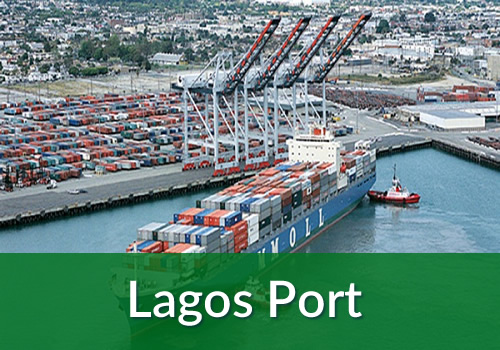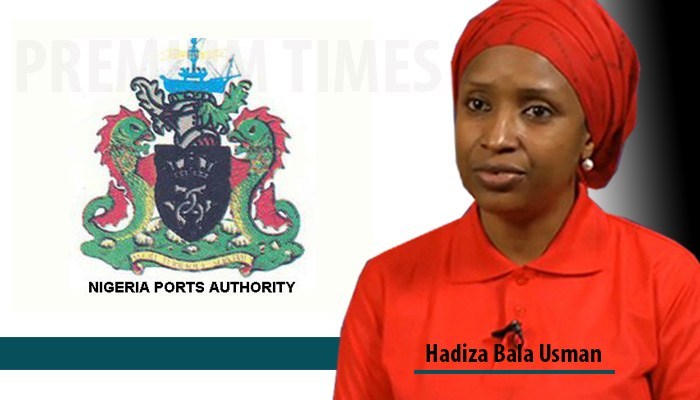Nigeria is building a new deep-seaport and considering two additional facilities to ease congestion at Apapa seaports, which currently handle about 80 per cent of all shipping traffic in the country.
A new facility is already under construction in the Lekki Free Trade Zone in Lagos through a public-private partnership, while another may be built in the Badagry area of the city, near the border with Benin.

A third project, the Ibom seaport, is under consideration in the oil-rich Niger delta , Nigerian Ports Authority Managing Director, Hadiza Bala-Usman, disclosed in a recent interview with Bloomberg.
The government had in the past year, invested in developing the eastern ports of Warri, Calabar, Onne and Port Harcourt, whose river channels are too narrow to accommodate large vessels, forcing shipping companies to take their vessels to Lagos.
The NPA last year commenced the dredging of Warri port at the cost of $44.861m (N16.150bn).
Bala-Usman has also encouraged flat-bottomed vessels that do not require too much sea depth to berth at the eastern ports and the response has been encouraging as there was an increase in the number of such vessels calling at the Port Harcourt and Calabar ports since last year.
Bloomberg reported that the Apapa and Tin Can Island ports remained the hubs for cargo transiting through Africa’s most populous nation.
But inefficiency and congested roads to the ports mean daily queues of hundreds of trucks. The government wants to focus on improving the nearby roads and other infrastructure to ease the transportation of goods including cars, computers, food and machinery, Bala-Usman told the business newswire.
“We have congestion because 80 per cent of our cargo goes on the road. You must have that seamless evacuation, if not, it’s laughable to think you will not have congestion,” she said.
Shipment delays of almost eight weeks prompted the National Cashew Association of Nigeria to raise the alarm last month as $300m worth of nuts remained stuck in containers on trucks waiting to enter the ports.
Inadequate infrastructure, stifling red tape and corruption at the ports are hurting business, the Nigeria Cashew Exporters Association said.
Similar concerns were voiced by the nation’s cocoa exporters last year after trucks carrying the beans took as long as four weeks to get through the potholed roads to the ports, pushing up haulage costs and putting sales contracts at risk.
The Ministry of Transport is building a new railway to the Lagos ports to speed up the evacuation of cargo, Usman said.


